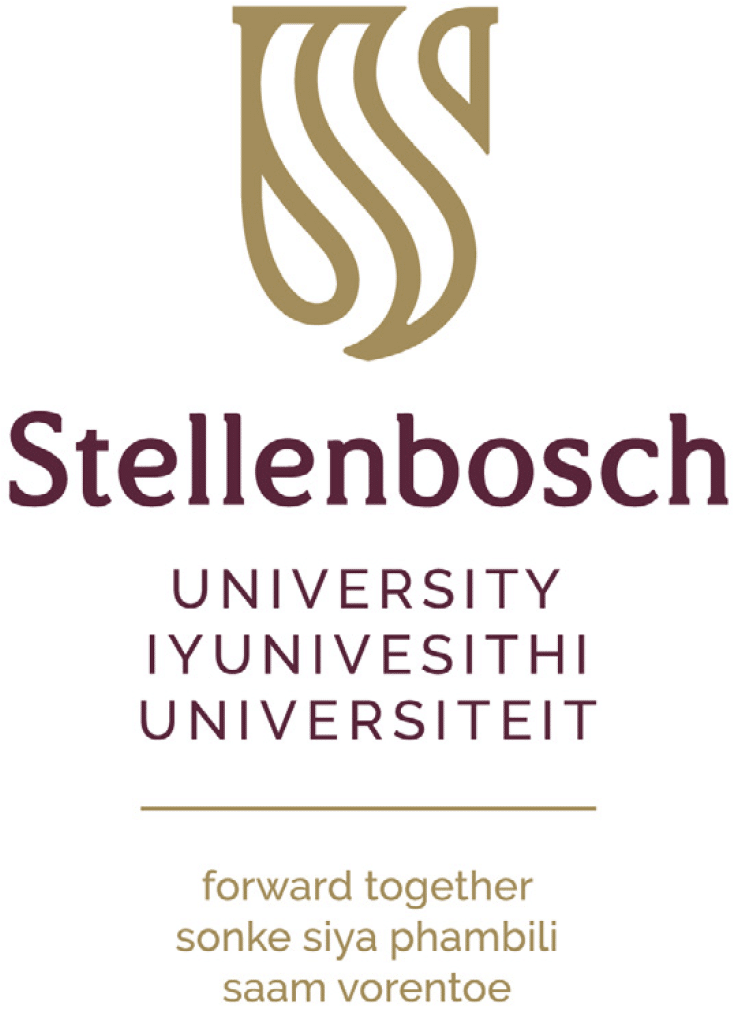The Pavocat-Stellenbosch Academy

PROFESSIONAL TRAINING ACCREDITED BY STELLENBOSCH UNIVERSITY
(1) Training in Counter-Corruption for:
- Police
- Prosecutors and Judges
- Company Officers
(2) Training in International Humanitarian Law for:
- Armed Forces
- Gendarmeries and Law Enforcement Officials
- The personnel of Private Military and Security Contractors
Introduction
Pavocat and South Africa’s acclaimed Stellenbosch University came together in 2021 to create the Pavocat-Stellenbosch Academy (“the PSA”). The PSA’s mandate is to deliver ‘gold-standard’ short courses in Africa and around the world. The courses are specifically created for professionals operating in the fields of (1) counter-corruption and (2) conflict, whether that conflict is international or non-international in nature.
The PSA is based in and ordinarily operates from Stellenbosch University’s Law Faculty, but its courses can be delivered in a variety of ways and in any given jurisdiction. Without exception, all of the short courses offered by the PSA (1) are accredited by Stellenbosch University; (2) are taught by expert practitioners with decades of experience; (3) reach the rigorous academic standards expected by and from Africa’s foremost university; and (4) are highly practical in nature and directly relevant in their application. Depending upon their nature, the course may run to up to three weeks. They are designed and intended to enhance the professionalism and effectiveness of practitioners engaged in countering corruption or in combat or security in its varied forms.
The PSA EXISTS PRIMARILY TO DO THE FOLLOWING:
1 Accredited Counter-Corruption Courses
Our counter-corruption courses provide high quality and examined education to those engaged, or wishing to become involved, in investigating or prosecuting or otherwise dealing with corrupt practices nationally, regionally or internationally, in either the public or private sectors. The courses lead to qualification as:
- PSA Accredited Corruption Investigator (‘ACI’) – Levels 1-4
- PSA Accredited Financial Analyst (“AFA”) – Levels 1-4
- PSA Accredited Corruption Prosecutor (‘ACP’) – Levels 1-4
- PSA Accredited Corruption Judge (‘ACJ’) – Levels 1-3
- PSA Accredited Counter-Corruption Mediator (‘ACM’) – Levels 1-4
- PSA Accredited Asset Recovery Practitioner (‘AARP’) – Levels 1-4
ACI, ACP and ACJ courses provided by the PSA will be taught online and augmented by classroom study conducted either at Stellenbosch University within one of the PSA’s Counter-Corruption Centres of Excellence (‘COEs’) or at a designated centre. Only those students attaining the high academic standard set by the PSA will be awarded the qualification of a PSA-certified ACI, AFA, ACP, ACJ, ACM or AARP.
In addition, separate standalone modules will be offered by the PSA in:
- Creating, Managing and Leading Effective Counter-Corruption Teams;
- Effective International Counter-Corruption Advocacy:
- Specialist Counter-Corruption Legislative Drafting; and
- Exposure to Crime in the Digitised Economy.
2 Provide Accredited Laws of Conflict and Human Rights Courses
The PSA delivers five levels of Laws of Conflict and Human Rights (“LCHR”) training, ranging from basic, intermediary, advanced, expert to trainer-the-trainer. The level and duration of the training required will depend in part upon the position of the student and the circumstances in which he or she will be operating. Although the content, intensity and duration of each PSA LCHR course will vary, members of the armed forces, gendarmeries, and police forces of a State, and the personnel of private military and security companies can all expect, depending upon their requirements and status, to increase their respective knowledge in, for example, the following areas:
- All aspects of the jus in bello (battlefield law) and, depending upon the course, the jus ad bellum (lawfulness of the resort to armed conflict);
- What constitutes ‘an act of aggression’ justifying an armed response in the 21st Century;
- The practical distinctions between International and Non-International Armed Conflicts (“IAC” and “NIAC”);
- The application of International Human Rights Law;
- The treatment of the Victims of Armed Conflicts (Geneva Law);
- The Consequences of Conflict, to include refugees and mass migration;
- The treatment of Cultural Property;
- The Methods and Means of Warfare (Hague Law), to include naval and air warfare;
- Targeting and Rules of Engagement;
- The Use of Modern Weapons and Methodology, such as drones and cyber-attacks;
- Developing tactics, techniques and procedures via IHL training scenarios for senior leaders at the operational and strategic levels;
- The use of Child Soldiers and Mercenaries in conflict; and
- War crimes and their investigation, treatment and consequences, including the use of sexual violence as a weapon.
Those service personnel attending the PSA will leave the course with a far better understanding of what is required of them under international as well as national law.
The Commercial Benefits of LCHR Training
States: By ensuring that its service personnel receive the appropriate level of PSA LCHR training and thereby enhancing their professionalism, the State may enjoy the ability to:
- Participate in and benefit from paid peace-keeping missions in Africa and elsewhere;
- Purchase military equipment that would otherwise be denied them, thereby improving its defensive capabilities and ultimately its security;
- Secure access to international funding from, for example, the European Peace Facility; and
- Improve the competence and reputations of those who do its bidding in time of conflict.
Defence Companies are more willing (and able) to sell their products to States whose armed services utilise those products in a lawful manner.
Private Military Companies are more likely to be engaged by if their clients are assured that the personnel of those companies will perform their contractual duties in a manner that does not expose them to legal liability or reputational harm.
3 Ensure Academic Oversight and Compliance
To serve as the Academic Oversight and Compliance Body for the COEs established by the PSA or by Pavocat within the jurisdictions of client states and to ensure that such centres reach and maintain the level of counter-corruption and LCHR excellence expected by the PSA. In fulfilling its function in this regard, the PSA will undertake snap visits and checks of COEs to verify compliance with the stipulated standards.
4 Deliver the PSA Annual Counter-Corruption Conference
To deliver the annual PSA Counter Corruption Conference, the intent of which is to advance internationally the fight against bribery and corruption by challenging and questioning accepted norms and by putting forward and testing new anti-bribery and corruption initiatives and ideas (e.g., the establishment of a Permanent Corruption Court dealing with cases from a region, continent or from around the globe; the utility of classifying high level corruption as a crime against humanity etc.).
5 Supply Private Sector Integrity and Compliance Training
To supply specialist Private Sector Integrity and Compliance Training to governments, intergovernmental organisations, commercial entities and businesses, not-for-profit organisations, charities and other such bodies on how best to prevent, detect, investigate and resolve corruption issues and problems. Also to help and advise on associated matters, such as recovering the proceeds of kleptocracy and other such crimes.
The high-quality training provided by the PSA’s faculty members, all of whom are experts in their respective fields, is innovative in its design and delivery, always bespoke and reassuringly on target. The PSA has the capacity to deliver counter-corruption and IHL assistance ranging from individual one-off lectures or seminars through to detailed integrity, compliance, rule of law and governance programs that are both proportionate to a client’s needs and above all are effective.
Individuals or organisations can learn more about the PSA’s Counter-Corruption and IHL courses and services by contacting us directly.

